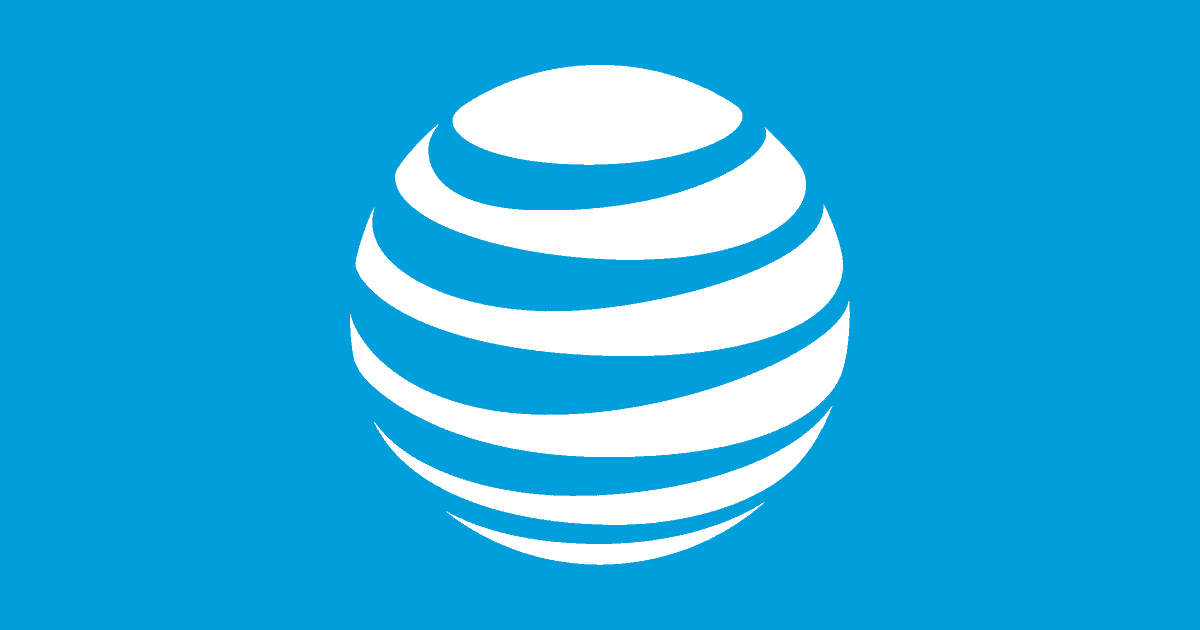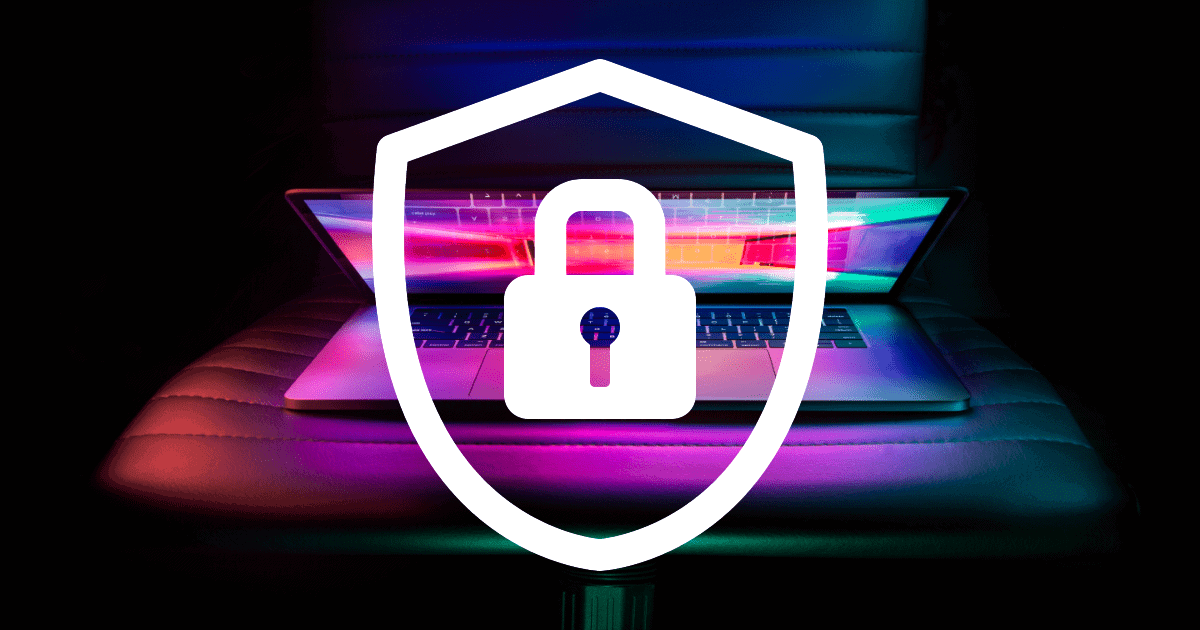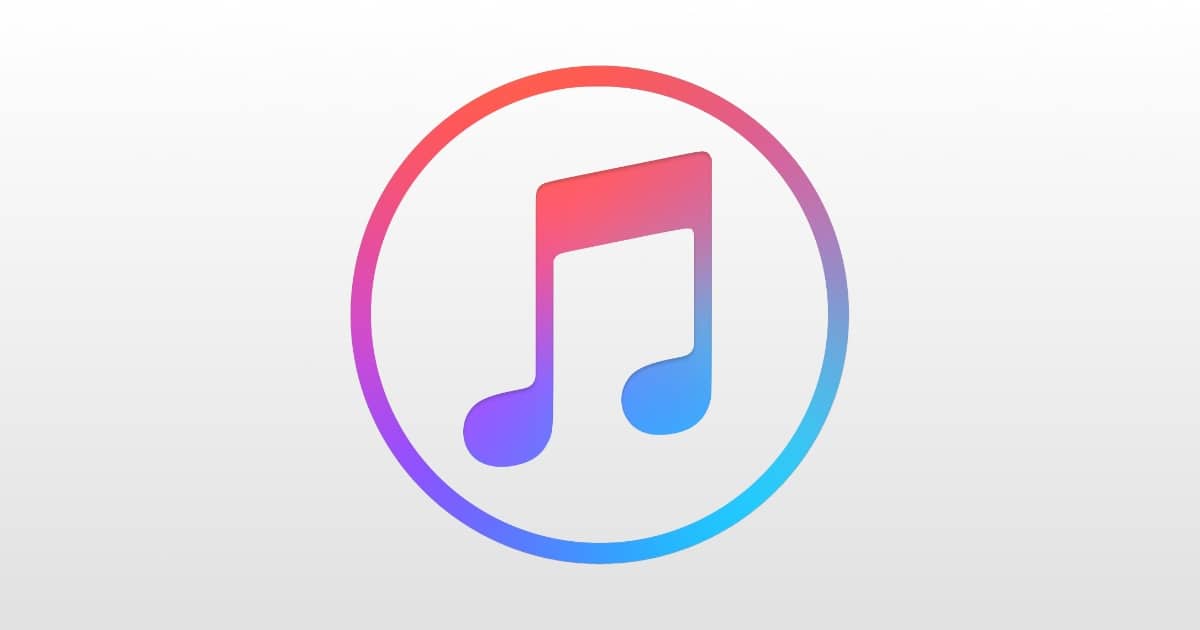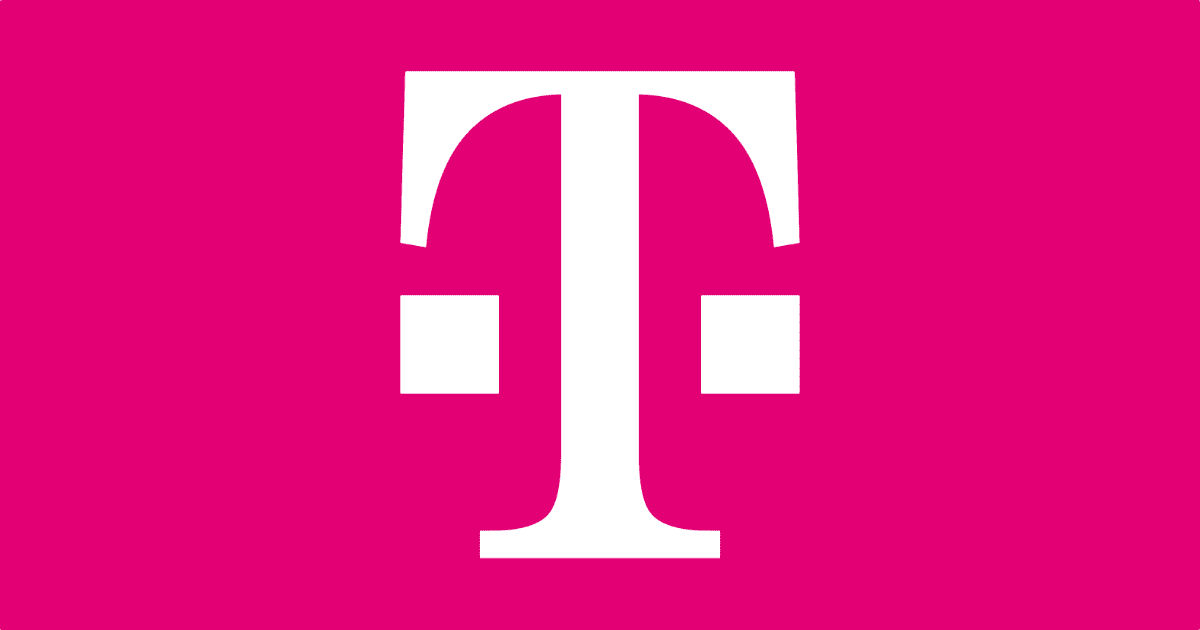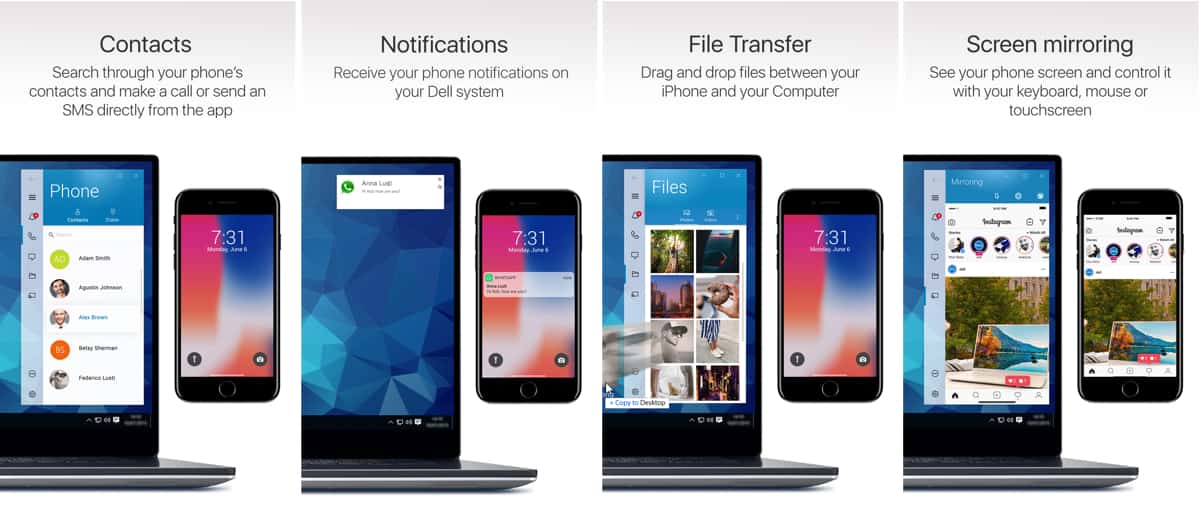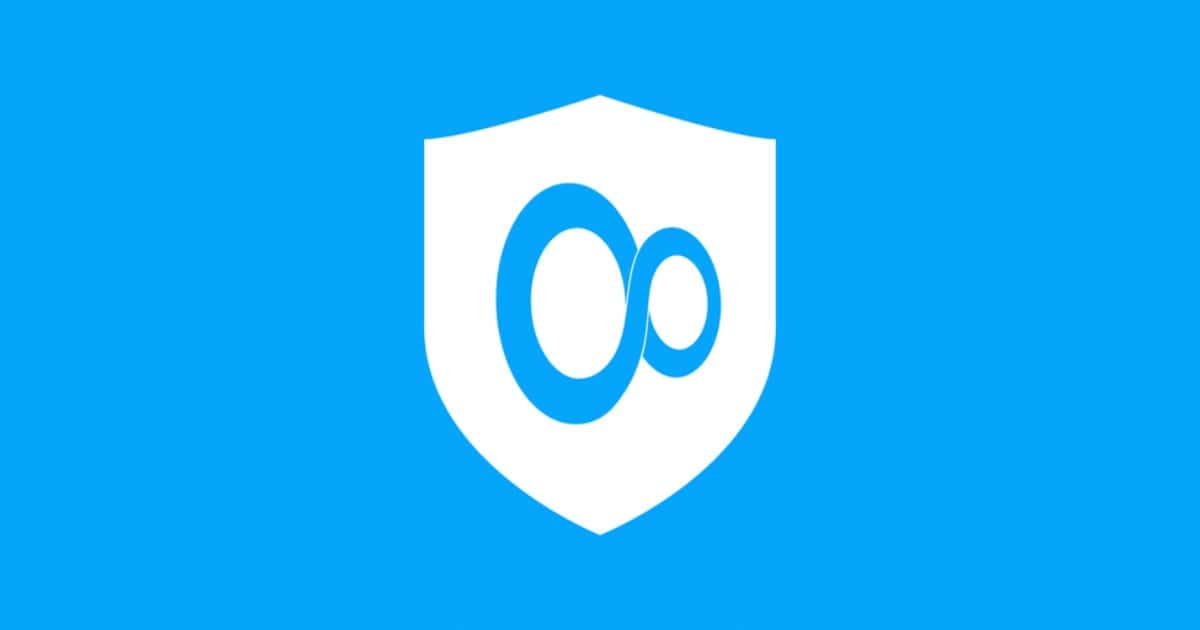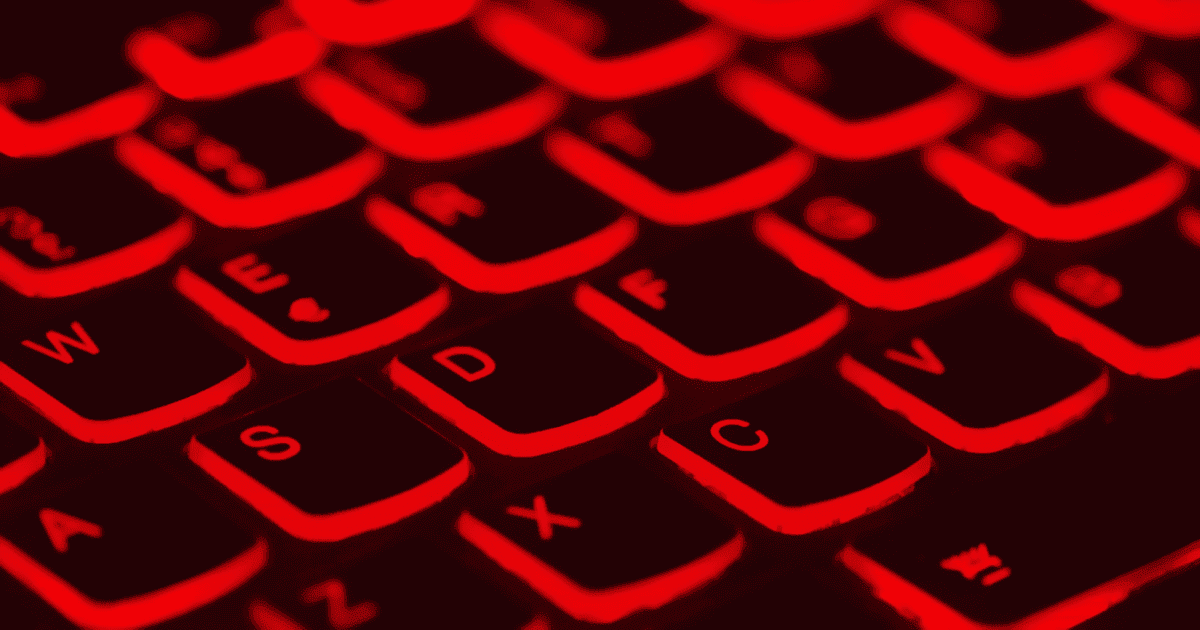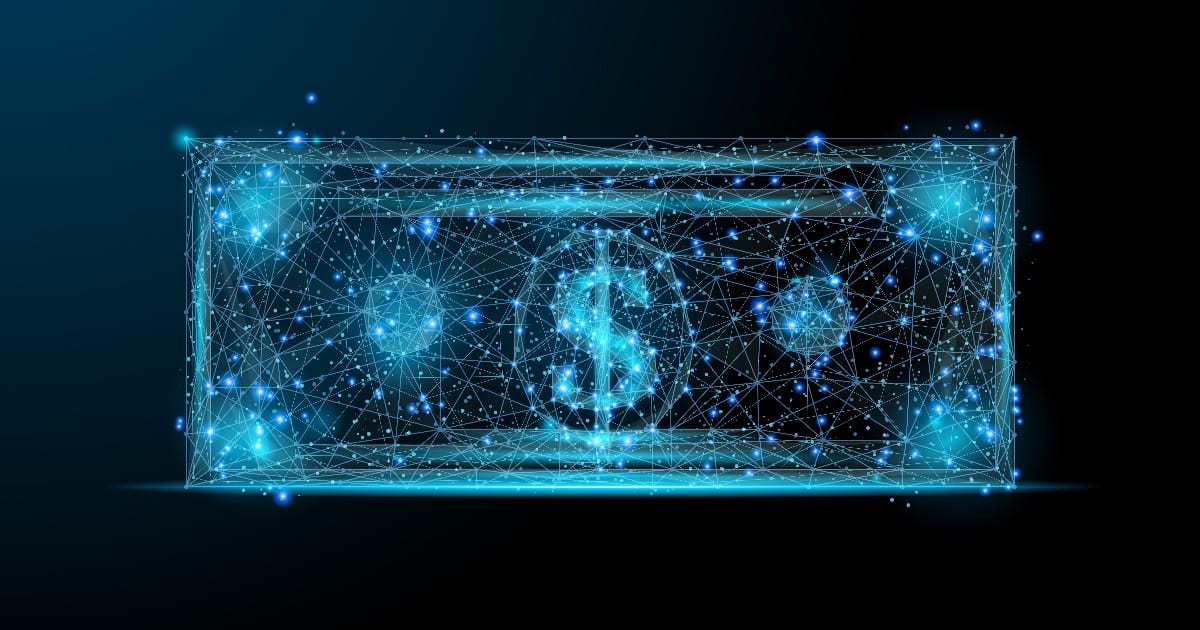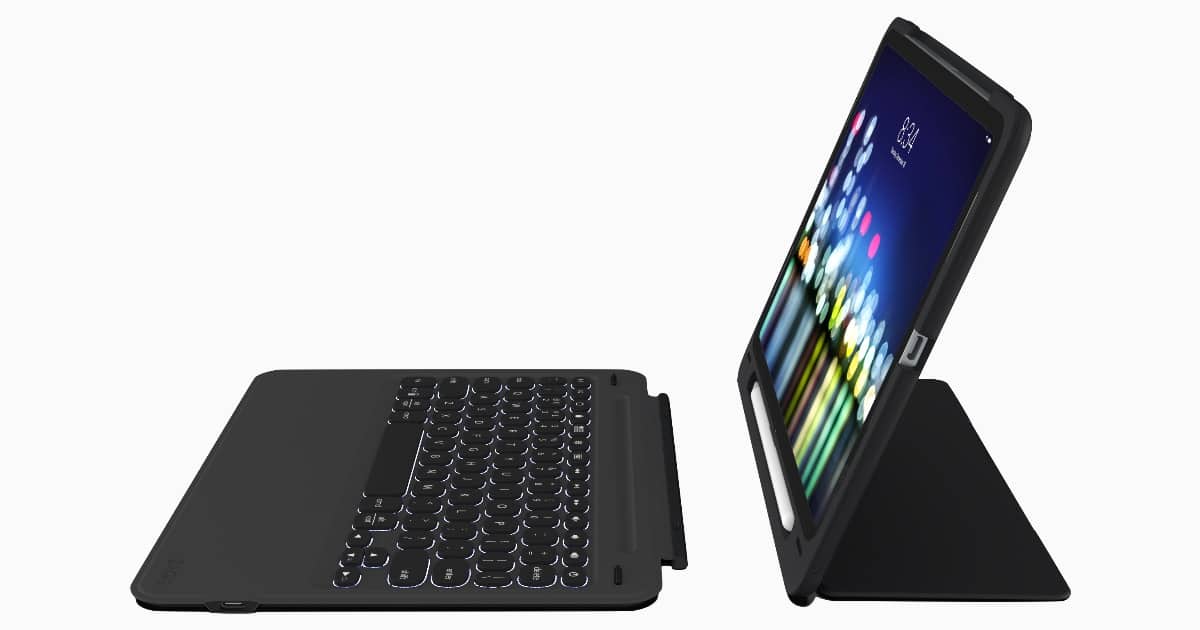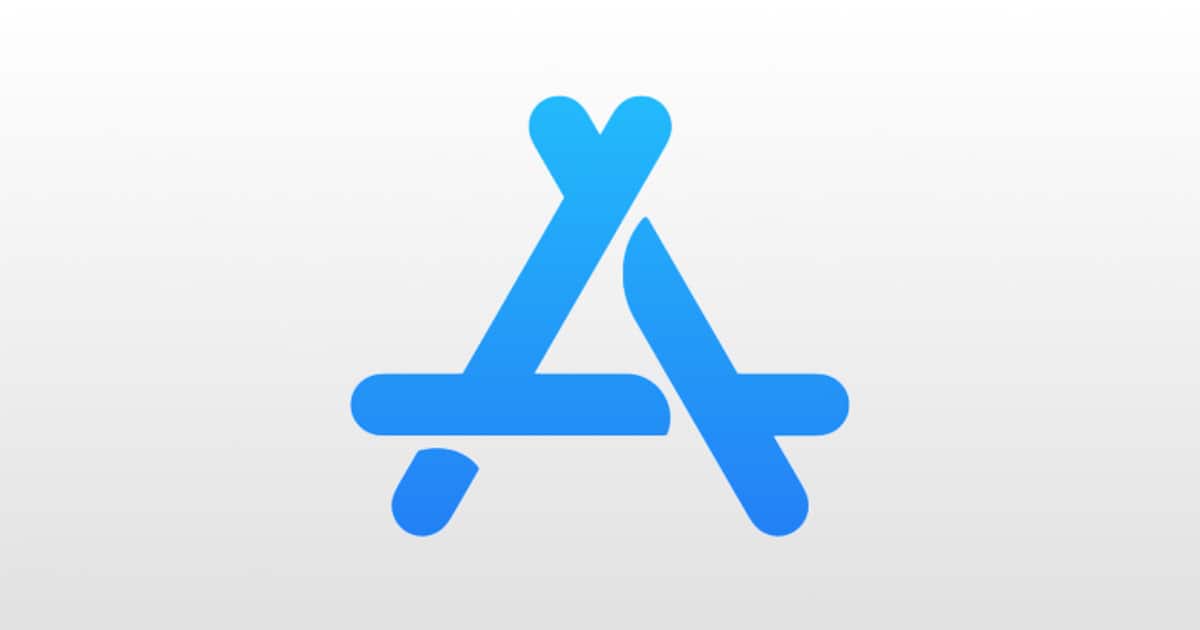For a limited time, AT&T is offering a US$15/month prepaid plan that gives people 2GB of data with unlimited talk and text.
Articles by Andrew Orr
There’s a Cyber Defense Force Fighting Coronavirus Hackers
An international group of roughly 400 cybersecurity experts are fighting hacking related to the coronavirus.
One of four initial managers of the effort, Marc Rogers, said the top priority would be working to combat hacks against medical facilities and other frontline responders to the pandemic. It is already working on hacks of health organizations.
Also key is the defense of communication networks and services that have become essential as more people work from home, said Rogers, head of security at the long-running hacking conference Def Con and a vice president at security company Okta Inc.
At least there’s some good news.
Apple Extends App Store Deadlines Like Sign In with Apple
Apple published an announcement for developers saying deadlines for certain App Store requirements have been extended to June 30, 2020.
A Bug Existing Since iOS 13.3.1 Interferes With VPNs Encrypting Traffic
There’s a bug that’s been in iOS since version 13.3.1 that prevents VPNs from encrypting network traffic and could leak some of your data.
Why is Zoom Sending Our Data to Facebook?
As people are required to work from home, apps like Zoom help us with video conferencing. But why is the iOS app sending our data to Facebook?
Upon downloading and opening the app, Zoom connects to Facebook’s Graph API, according to Motherboard’s analysis of the app’s network activity. The Graph API is the main way developers get data in or out of Facebook. The Zoom app notifies Facebook when the user opens the app, details on the user’s device such as the model, the time zone and city they are connecting from, which phone carrier they are using, and a unique advertiser identifier created by the user’s device which companies can use to target a user with advertisements.
I’ll add this to my #DeleteFBSDK endeavors.
Apple Music Shows New Music From Artists in Your Library
Apple is rolling a feature that will tell you when new music is released from an artist in your library, making it easier to stay on top of the latest hits.
Review: The GorillaPod Mobile Vlogging Kit is Great for Content Creators
Well known for its GorillaPod, JOBY recently introduced the GorillaPod Mobile Vlogging Kit. It has a tripod, microphone, and LED light.
T-Mobile Now Supports Apple Pay for Paying Bills
T-Mobile added Apple Pay as an option for customers to pay their bills with, available on its website and in the app.
Dell Mobile Connect App Now Lets You Mirror Your iPhone on Windows
Dell updated its Dell Mobile Connect app to enable users to mirror their iPhone on their Windows PC. This means your iPhone’s screen is displayed on the PC, where you can see notifications, drag and drop files, and otherwise control the phone using your PC. Requirements: A Dell laptop from 2018 or later from the Alienware, G Series, Inspiron, Vostro, or XPS line of models.
The FBI is Collecting Your Data Through its ‘FitTest’ App
The FBI has been promoting its fitness app called FitTest to help people exercise at home. It’s also collecting your data.
…an FBI spokesperson reiterated the app’s privacy statement, adding that “the app does not gather or save any personal information other than what you select for your profile.”
But the app’s privacy statement makes room for some tracking: When FitTest accesses pages from the official FBI website, it says, “fbi.gov’s privacy policy applies.” The fbi.gov privacy policy states that “individuals using this computer system are subject to having all of their activities monitored and recorded.”
I can’t wait for the FBIPhone and FBIMessage apps.
KeepSolid VPN Unlimited Adds DNS Firewall for Customers
KeepSolid’s VPN Unlimited added a new feature for its customers. This DNS firewall can block domains associated with malware, porn, drugs and alcohol, gambling, games, and more.
This benefit of KeepSolid DNS Firewall is closely connected with the previous one. If you don’t open a malicious website, you won’t get infected with malware. Better prevent than cure, agree? And there is really much to avoid, as malware attacks are exponentially increasing over time.
Great news for KeepSolid customers. And if you’re not a customer, I recommend reading my roundup of DNS services to use.
Use Text Expansion to Save Time While You Type
Text expansion is kind of an overlooked feature of iOS and macOS but it can save you a lot of time if you type repetitive things a lot.
Safari Now Blocks All Third-Party Cookies by Default
In an update on the WebKit blog, we learned that Apple now blocks third-party cookies by default in Safari.
Internet Archive Releases National Emergency Library With 1.4 Million Books
As of March 24 the Internet Archive suspended wait lists for its collection of books by creating a National Emergency Library.
This suspension will run through June 30, 2020, or the end of the US national emergency, whichever is later.
During the waitlist suspension, users will be able to borrow books from the National Emergency Library without joining a waitlist, ensuring that students will have access to assigned readings and library materials that the Internet Archive has digitized for the remainder of the US academic calendar, and that people who cannot physically access their local libraries because of closure or self-quarantine can continue to read and thrive during this time of crisis, keeping themselves and others safe.
Apple Releases ARKit 3.5 With New Scene Geometry API
Apple released ARKit 3.5 today that can take advantage of the iPad Pro 2020’s LiDAR scanner to improve the realism of AR objects.
Could We See a US Digital Dollar Soon?
So right away, the answer to my headline is “probably not.” The article I’m linking to says language of digital dollars was removed from the final version of the stimulus package. But I think it’s worthwhile to think about.
The bill establishes a digital dollar, which it defines as ‘a balance expressed as a dollar value consisting of digital ledger entries that are recorded as liabilities in the accounts of any Federal Reserve Bank or … an electronic unit of value, redeemable by an eligible financial institution (as determined by the Board of Governors of the Federal Reserve System).’
Now may not be the time to introduce entirely new technologies, especially if they slow the release of the package. But I personally like the idea, although I don’t advocate for a completely cashless society as I’ve mentioned before.
macOS Catalina 10.15.4 Lets You Import Chrome Passwords to iCloud Keychain
Along with its other OS updates, Apple released the macOS Catalina 10.15.4 update today, adding some important Mac-specific features.
Neato Robot Vacuums Can Be Controlled With Siri Shortcuts
Neato Robotics announced today that it added support for Siri Shortcuts within its app. This means you can start controlling your robot vacuum with your voice.
By connecting your Neato to Siri Shortcuts, Google Assistant or Amazon Alexa, you can simply start cleaning just by using your voice.
I’d love to get a robot vacuum some day. In the meantime, if you have one of these products, try controlling it with a shortcut on your HomePod, Apple Watch, or iOS device.
ZAGG Launches ‘Slim Book Go’, ‘Rugged Book Go’ iPad Keyboard Cases
Today ZAGG announced the launch of new keyboard cases: The Slim Book Go and Rugged Book Go. Both are available for the iPad Pro.
Apple Releases 13.4 Update for iOS and iPadOS
Apple just released the latest update for its operating systems: 13.4. It includes a redesigned system to support mice and trackpads, changes in Files, and more.
Backblaze Now Stores One Exabyte of Data
Cloud storage company Backblaze recently announced a milestone: It now stores one exabyte of data in its servers. Exabyte isn’t a word most of us come across often, so here’s a comparison: Gigabyte = 1,000 megabytes, Terabyte = 1,000 gigabytes, Petabyte = 1,000 terabytes, Exabyte = 1,000 petabytes or 1,000,000,000,000,000,000 bytes.
But, while it’s great to keep our eyes on the future, it’s also important to celebrate what milestones mean. Yes, crossing an exabyte of data is another validation of our technology and our sustainably independent business model. But I think it really means that we’re providing value and earning the trust of our customers.
An astounding figure. Even more astounding is the fact that they’re already prepared for zettabyte-level storage, which is the next step up from exabyte. One zettabyte = 1,000 exabytes.
Universal App Purchases Roll Out For Apple’s Platforms Today
Apple is giving developers the option to distribute their apps as universal purchases starting today, so users only have to buy an app once.
Cellebrite Releases Report of Digital Intelligence Trends 2020
Forensics company Cellebrite, mainly known for its iPhone hacking capabilities, released a report of top digital intelligence trends for 2020. One thing that stuck out at me:
…over 70 percent of officers are still asking witnesses and victims to surrender their devices…However, most people do not want to have their primary communication device taken away for an indefinite period. To combat this issue, 67 percent of agency management believe that mobility technology is important or very important to the agency’s long-term digital evidence strategy and 72 percent of investigators believe it is important to conduct in-the-field extractions of this data.
In other words, it sounds to me like LE wants the capability to extract data from devices on site, instead of sending it to a lab. Fast action is important for LE, but it may also be too fast for people to think about those pesky rights they have before handing their phone over.
Lawyers: Turn off Alexa and Google Home Before Confidential Meetings
Lawyers who are working from home are encouraged to turn off devices like Amazon Alexa and Google Home because these products may eavesdrop.
“Perhaps we’re being slightly paranoid, but we need to have a lot of trust in these organizations and these devices,” Hancock said. “We’d rather not take those risks.”
The firm worries about the devices being compromised, less so with name-brand products like Alexa, but more so for cheap knock-off devices, he added.
It’s definitely not just cheap knock-offs.

